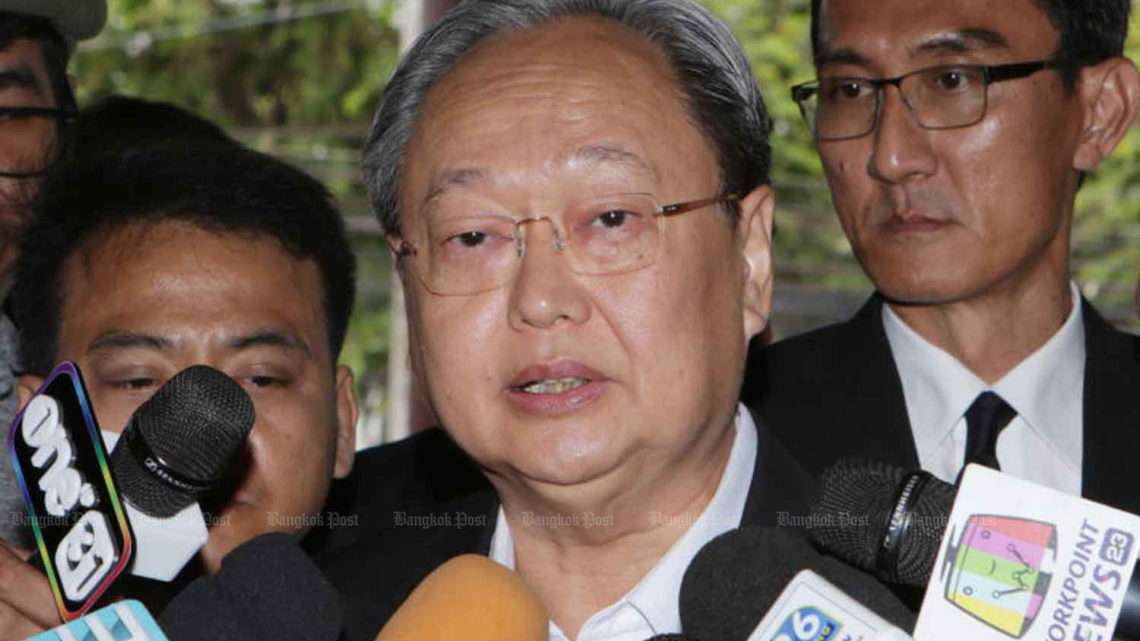
P2P power model for rural areas
08/08/2019The Energy Ministry plans to promote a peer-to-peer (P2P) power trading model for private companies to decentralise the country’s power generation system in line with the new version of the power development plan (PDP) for 2018-37.
Energy Minister Sontirat Sontijirawong said Thai companies will have more chances to participate in this project, but the government will require companies to form joint ventures with small communities.
Renewable power will be a key resource in P2P power trading — including biomass, biogas, waste and solar — depending on the potential in each province.
“Before starting this decentralisation plan, the ministry has to study local communities’ power-distributing infrastructure and transmission lines, then it can set up and design P2P power trading,” Mr Sontirat said. “The project will be open for participation from businesses of all sizes that are interested in the electricity value chain, so peer-to-peer power trade can combine blockchain, smart power meters and a new sandbox for the power business.”
He said the business model will be initiated soon.
The new PDP for 2018-37 emphasises P2P power trade, also known as the prosumer model.
The PDP is also focused on new investment in renewable power by opening private participation and investment with local communities in order to share profit and revenue with locals.
Mr Sontirat said the Energy Ministry plans to revise and reconsider some details in the PDP but has to receive new assignments from Deputy Prime Minister Somkid Jatusripitak before accelerating the plan.
Mr Somkid will visit the ministry next week.
Looking at the long-term landscape for the country’s energy sector, Mr Sontirat said Thailand should take advantage of its central location in Southeast Asia and become a regional power hub.
“Laos aims to be the battery of Asia, but that goal can’t be achieved if there is no transmission line running from Thailand to Malaysia, Cambodia and Myanmar,” he said.
Thailand has peak power demand during the summer season of 30,000 megawatts out of full power generation of 42,000MW.
“The ministry will turn this weak point of surplus power in Thailand into an opportunity by upgrading relevant infrastructure to sell electricity,” Mr Sontirat said.
The ministry plans to revise regulation terms for the Energy Conservation Fund in an effort to allocate budget to projects that benefit all stakeholders the most.
Suwat Kamolpanus, chairman of the renewable energy industry club under the Federation of Thai Industries, said private power companies welcome the new energy policies because most of them will foster new investment.
The peer-to-peer power trade will encourage small companies in provincial areas to participate with local farmers.
Mr Suwat said the government should allocate the first budget to the peer-to-peer power trade, while private companies will mobilise the model’s investment, management and operations.
He said local farmers just feed raw materials to the power projects: “They may have low business management capabilities, so companies should handle those duties.”
This post has been published by Bangkok Post
